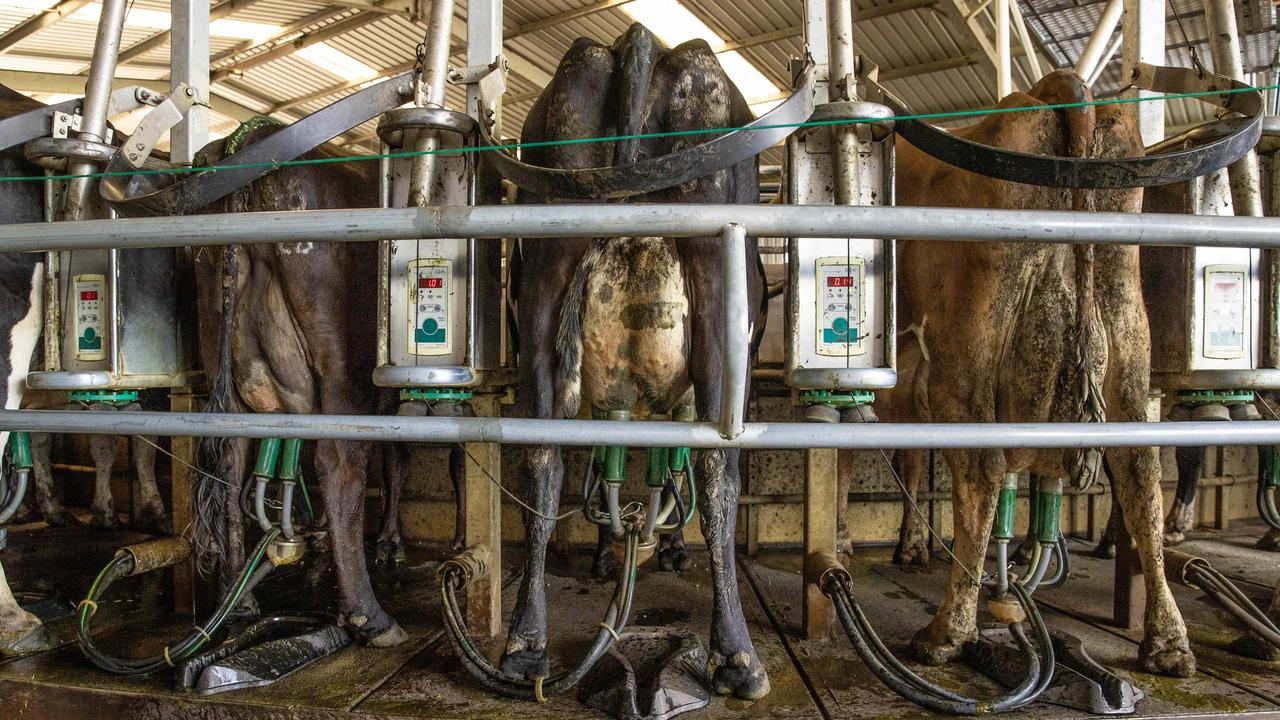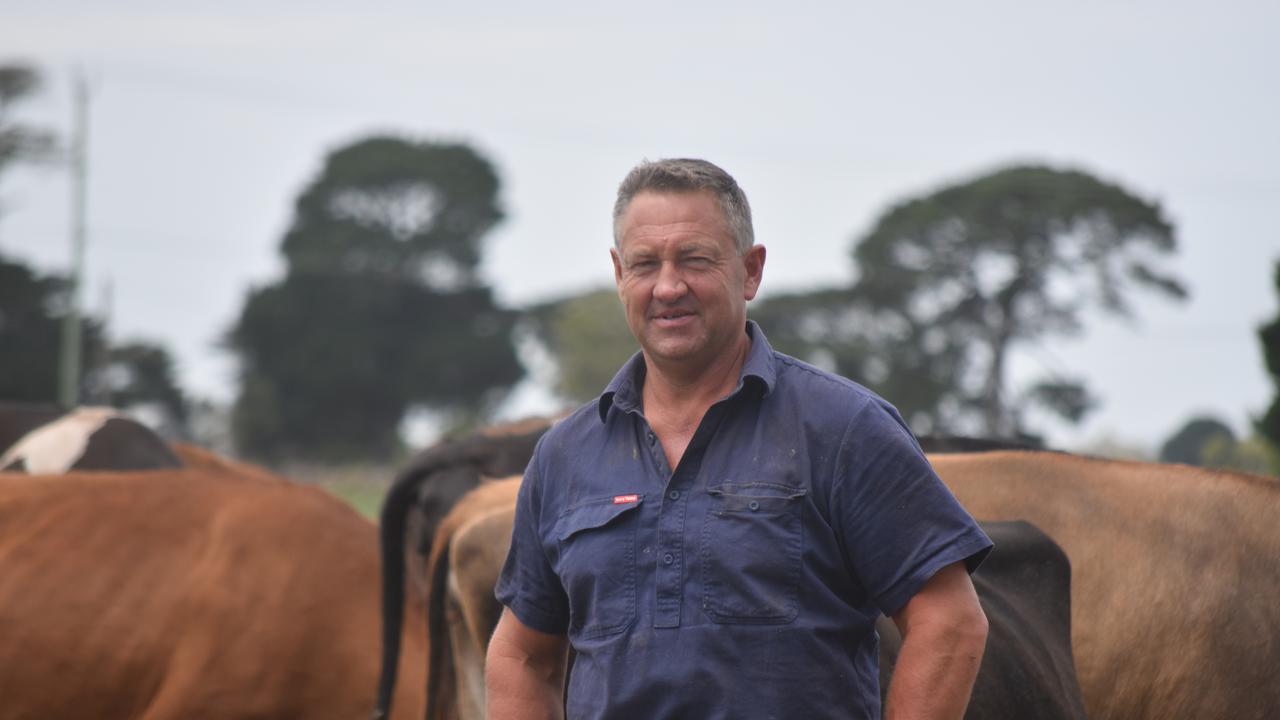Global Dairy Trade: Butter leads index to jump in February session
International dairy trade is continuing to climb upwards, with farmers hopeful the trend continues towards farmgate season.

International dairy prices are rallying in 2024 with the latest trading session bolstered by surging butter demand.
The headline figure in the latest Global Dairy Trade rose 4.2 per cent to sit at $US3571 per tonne ($A5468), the fifth consecutive trading session in positive territory.
Butter was the big lifter this week with a strong 10.3 per cent jump to an average of $US6516 per tonne ($A9976).
Overall, the GDT index has risen by 30 per cent since its mid-August nadir, when prices across most dairy commodities hit rock bottom.
Fonterra chief executive Miles Hurrell labelled the latest GDT session a “fantastic result” for the dairy sector worldwide.
“It’s a supply and demand situation. Demand is still relatively strong from a butter perspective and (the wider industry) just don’t have the product to supply,” he said.
“That’s driven by the food-service business. The butter that goes into the food-service businesses around the world is just going gangbusters.
“We have leftover (that) goes on to the GDT and we’ve seen that play out.
“It’s a strong signal that the food-service business is doing very well.”

An international trade chokepoint has affected dairy pricing since the start of the calendar year with all agricultural commodities hit by the recent Red Sea dispute.
In December, the US set up a multinational naval task force for the Red Sea following a flurry of missile and drone attacks by Yemen’s Iran-aligned Houthi rebels on merchant vessels.
“It’s very tough,” Mr Hurrell said. “The situation we’re seeing in the Red Sea and Suez Canal is not helpful at all.
“The transit times we’re seeing are up two weeks (with ships redirected around the Cape of Good Hope).”
EastAUSmilk president Joe Bradley said international prices “had been heading in the right direction for a while” but added they were of less importance than a decade ago.
“The reason why the domestic market in Australia is so strong is that we have a shrinking milk pool,” he said.
“Look, having the overseas price increase helps but it’s only a small part in the overall picture for farmgate milk prices.”





